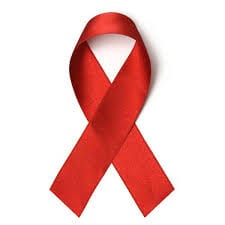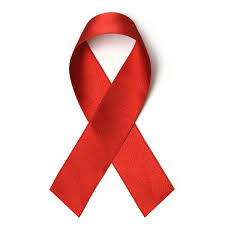UPDATE:
Lambda Legal and the ACLU chimed in as well echoing the earlier statements from the Human Rights Campaign and Resource Center’s Rafael McDonnell: the rule requiring men not have had sex with other men for 12 months before donating blood contributes to unfounded fears, generalizations and stereotypes of gay men.
Per Lambda Legal’s Scott Schoettes, Legal Senior Attorney and Director of the HIV Project:
Merely changing the parameters of this outdated policy does not alter its underlying discriminatory nature, eliminate its negative and stigmatizing effects, nor transform it into a policy based on current scientific and medical knowledge…If we are serious about a policy that is truly most protective of the blood supply, it will treat all potential donors the same and base any deferrals on the conduct of those potential donors within a scientifically justified ‘window period’ prior to donation.
Per the ACLU’s Legislative Representative Ian Thompson:
The FDA’s proposal must be seen as part of an ongoing process and not an end point. The reality for most gay and bisexual men — including those in committed, monogamous relationships — is that this proposal will continue to function as a de facto lifetime ban. Criteria for determining blood donor eligibility should be based on science, not outdated, discriminatory stereotypes and assumptions.
Earlier, the Human Rights Campaign’s Government Affairs Director David Stacy blasted the FDA’s decision:
While this new policy is movement toward an optimal policy that reflects fundamental fairness and the best scientific research, it falls far short of an acceptable solution because it continues to stigmatize gay and bisexual men, preventing them from donating life-saving blood based solely on their sexual orientation, rather than a policy based on actual risk to the blood supply. This new policy cannot be justified in light of current scientific research and updated blood screening technology. We will continue to work towards an eventual outcome that both minimizes risk to the blood supply and treats gay and bisexual men with the respect they deserve.
ORIGINAL STORY:
The Food and Drug Administration announced today (Tuesday, Dec. 23) that it will lift the lifetime ban on blood donations by men who have sex with men, reports The New York Times. The FDA however stayed the rule requiring men not have had sex with other men for 12 months before donating blood.
The FDA instituted the ban in the early days of the AIDS epidemic, when little was known about the virus, to protect the nation’s blood supply. But according to the Times, “science — and the understanding of H.I.V. in particular — has advanced in the intervening decades, and on Tuesday the F.D.A. acknowledged as much.”
The LGBT think tank Williams Institute estimated lifting the ban could add 317,000 pints of blood to the nation’s supply annually, a two percent increase.
The United States joins other European countries in lifting the ban, such as Britain which listed theirs in 2011.
The move is seen as a victory for gay and bisexual men.
“This is a major victory for gay civil rights,” I. Glenn Cohen, a law professor at Harvard University who specializes in bioethics and health, told the Times. “We’re leaving behind the old view that every gay man is a potential infection source.” But he said the policy was “still not rational enough.”
“It’s great they’re lifting the lifetime ban. It made no sense because we’re in a different time and place. But we’re only half way there,” said Resource Center’s Communications and Advocacy Manager Rafael McDonnell. “They’re limiting monogamous couples who have been together for a long time and practice safe sex. It’s progress but they could have gone further.”
He also speculated if the new rules, which will be drafted early next year, will include gender identity. He cited a case from earlier in 2014 when a transgender woman in Canada was mistaken for a gay man and turned away from donating blood. Canada lifted their lifetime ban on men who have sex with men from donating blood as long as they have been celibate for five years. The policy does not exist for trans women in relationships with women, however.
Just a few weeks ago, two federal advisory committees met to discuss changing the federal policy, reported NPR. While one committee on blood safety overwhelmingly voted (16-2) to change the policy, another was more cautious. The latter, an advisory committee to the Food and Drug Administration, discussed and then ducked making any possible changes. But they were open to allowing donations by men who haven’t had sex with another man for more than a year, which seems to indicate a compromise in the administration.
MSM are more susceptible “as a group, at increased risk for HIV, hepatitis B and certain other infections that can be transmitted by transfusion,” according to the current FDA webpage. But that policy isn’t discriminatory: “FDA’s deferral policy is based on the documented increased risk of certain transfusion transmissible infections, such as HIV, associated with male-to-male sex and is not based on any judgment concerning the donor’s sexual orientation.”


